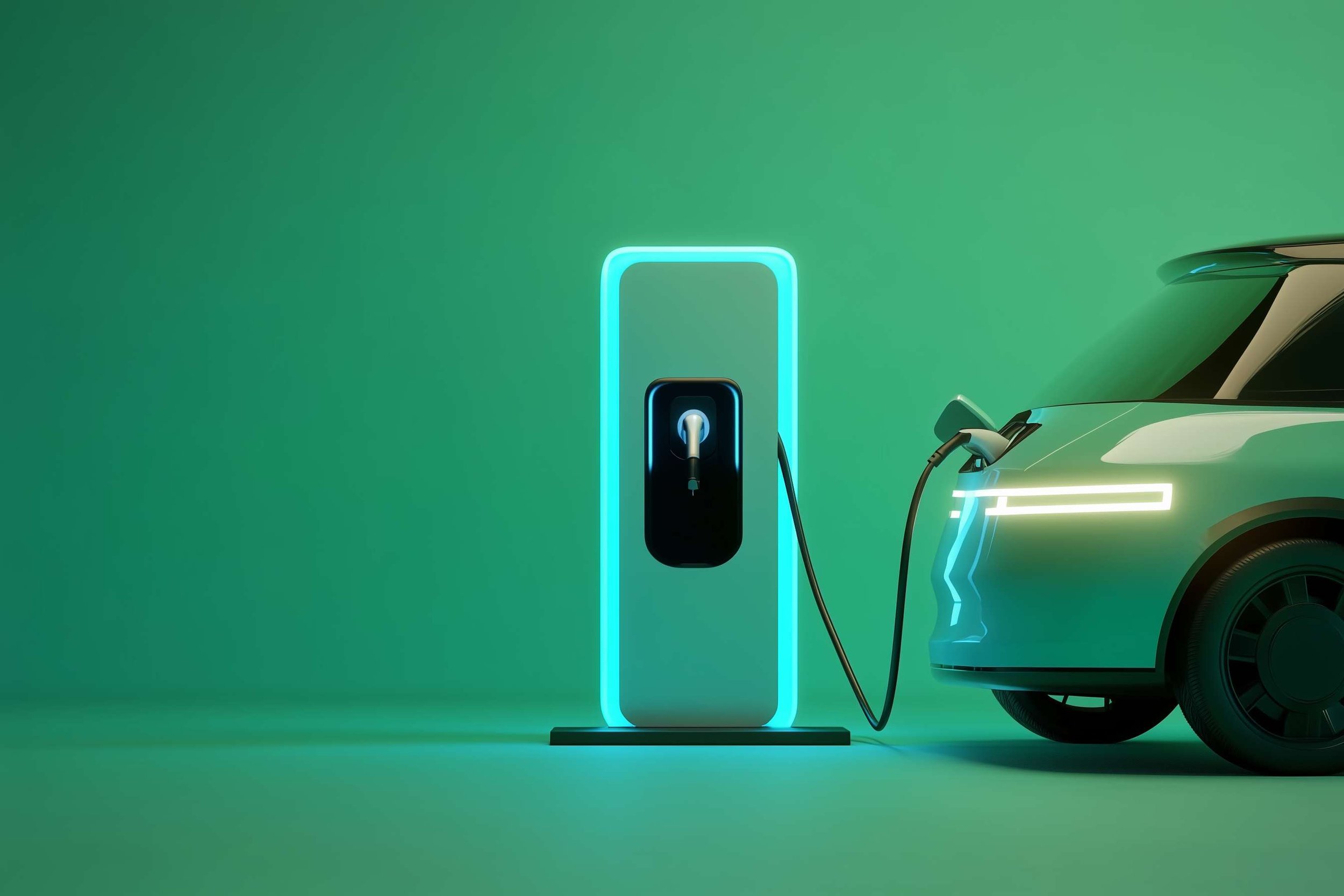
How Long Does It Take to Charge an Electric Car?
Learn about different charger types, vehicle specifications, and real-world scenarios to better understand EV charging duration
Imagine you're hosting a dinner party, and your smartphone is down to 5% battery. You plug it in, hoping it'll recharge before your guests arrive. Now, scale that anxiety up to your car's battery, welcome to the world of electric vehicle (EV) charging times. Let's embark on this electrifying journey to demystify how long it takes to juice up your EV.
The Charging Spectrum: From Tortoise to Hare
Charging an electric car isn't a one-size-fits-all scenario. It's more like choosing between a leisurely stroll and a sprint, depending on various factors. Here's a breakdown:
1. Charger Types: The Speed Tiers
Level 1 (Domestic Socket): This is your standard household outlet, delivering a trickle charge that could take more than 12 hours to fully charge a typical EV. It's like filling a swimming pool with a garden hose—possible, but time-consuming.
Level 2 (Home or Public Charging Station): These chargers significantly reduce charging time, often taking around 8 hours to fully charge a typical EV. It's akin to using a more powerful hose—still not instant, but much faster.
Level 3 (DC Fast Chargers): Found at public charging stations, these can charge a typical EV to 80% in about 30 minutes. It's like turning on a fire hose—rapid and efficient.
2. Battery Size: The Energy Reservoir
The larger the battery, the longer it takes to charge. Think of it as filling a bathtub versus a swimming pool—the bigger the capacity, the more time you'll need.
3. State of Charge: Starting Point Matters
Charging from 50% to 80% is quicker than from 0% to 100%. Batteries charge rapidly up to a point, then slow down to prevent overcharging—like sprinting at the start of a race and jogging toward the finish line.
4. Vehicle's Onboard Charger: The Gatekeeper
Your car's onboard charger dictates how much power it can accept. Even if you're plugged into a super-fast charger, your car might sip power like it's enjoying a fine wine, rather than chugging it down.
5. Environmental Factors: The Weather Report
Extreme temperatures can affect charging times. Batteries, like people, prefer moderate climates. Too hot or too cold, and they might decide to take it slow.
Real-World Examples: Charging Time Scenarios
Let's put this into perspective with some real-world examples:
Hyundai Ioniq 6 SE Long Range RWD: This EV can add approximately 200 miles of range in just 15 minutes using a 350kW fast charger. It's like a quick espresso shot for your car.
Nissan Leaf Plus: With a 62.0-kWh battery, it takes about 61 minutes to charge from 10% to 90% using a fast charger. More leisurely, like sipping a cup of tea.
The Bottom Line: Planning Your Charge
Charging times vary based on multiple factors, much like cooking times vary depending on the recipe, ingredients, and kitchen appliances. To keep your EV ready to roll:
Plan Ahead: Know your vehicle's charging capabilities and plan your charging stops, especially on long trips.
Use Fast Chargers When Needed: For quick top-ups, seek out Level 3 chargers.
Charge at Home Overnight: For daily use, overnight charging with a Level 2 charger is often sufficient.
Remember, while charging an electric car isn't instantaneous, with a bit of planning, it becomes a seamless part of your routine—much like waiting for your morning coffee to brew.
